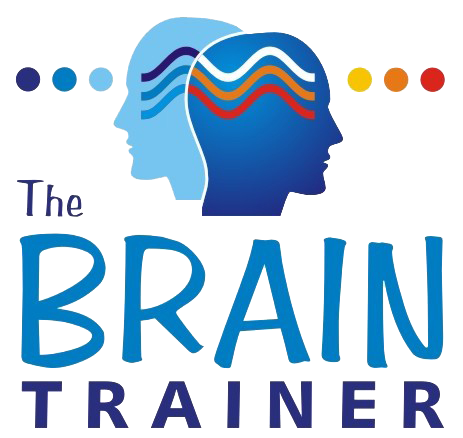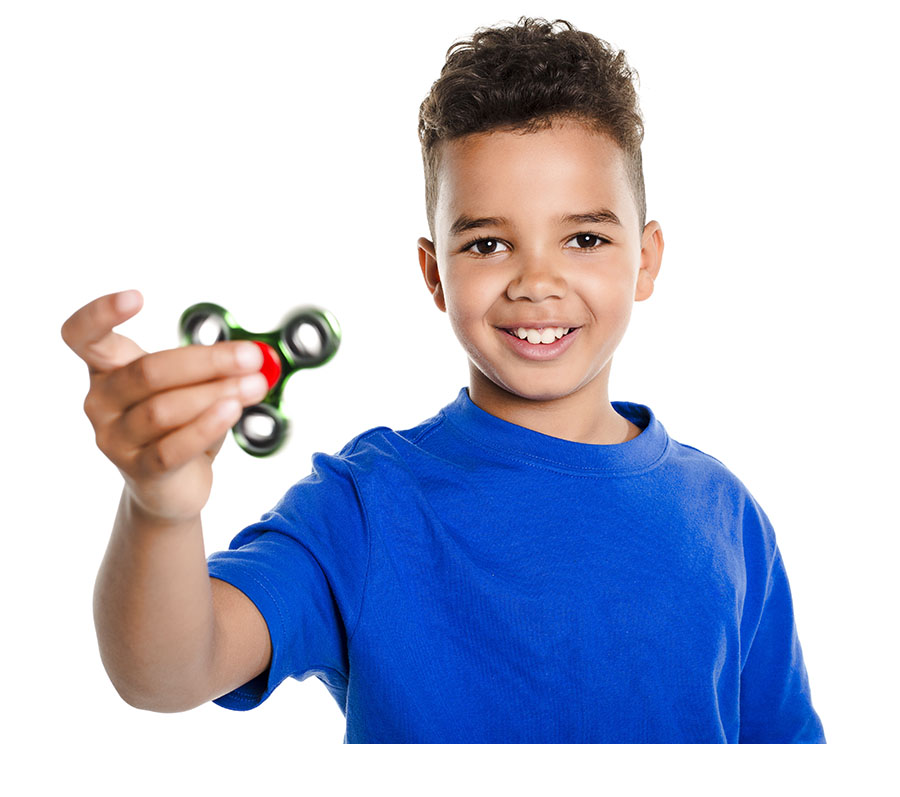.
WHAT IS NEUROFEEDBACK?
A Drug Free Alternative to better Well-Being
.
Neurofeedback for ADD/ADHD
“One sits quietly in a chair and looks at you but doesn’t hear anything you say, can’t complete a task because he keeps going into his thoughts.
.
Another can’t stay in his chair, looks all over the room but hears everything and completes tasks but so fast that he makes many mistakes.
.
They both have the same diagnosis: “ADD”
The Brain Trainer Approach
-
At The Brain Trainer, due to what we see in a Whole-Brain Assessment, we don’t use the term ADD any more than absolutely necessary, as we realise that the term is so broad as to be almost meaningless
-
It’s technically accurate but not very descriptive, as it covers such a broad range of behaviours and challenges.
-
Why would we expect that a child who can sit in a chair for hours during a class, staring out the window, without bothering anyone, drifting in and out of contact with the task at hand would have the same brain activation patterns as someone who cannot stay in a chair for 2 minutes, is aware of everything around him–even hyper aware in some cases–and tends to be a sharp, fast multi-tasker?
-
That makes no sense intuitively.
.
We train to the assessment, not the symptom
.
At The Brain Trainer, using the Whole-Brain Training system, we split ADD into two groups that are ends of a continuum: Filtering and Processing.
Filtering people can’t manage the interface between the outside world and their inside world.
- They are easily distracted by things around them,
- They act and speak impulsively,
- They often have quick mood changes,
- They often have difficulty falling asleep
- As they get older, they are more likely to experience anxiety.
Processing people can’t maintain their attention outside their heads and have difficulty processing language.
- They keep drifting away into daydreams,
- They are very creative and intuitive
- They can’t process things in sequences and have difficulty with details.
- They often sleep very easily but have a difficult time waking up.
- As they get older, they are more likely to experience depression.
Because of the many disparities between these two ends of the spectrum, we focus on forgetting the diagnosis and prefer looking at the connections between the desired behavioural changes and the brain’s activation patterns. If we do that, we are much more likely to deal with the underlying issues and get lasting results.
And this is why we look at the whole brain instead of falling into the simplification that a label brings. In the assessment we look to see what’s going on in your brain, especially at the more primary levels related to subconscious drive and autonomic function. And when we work on that, remarkably most problems with memory and attention will get better.
Neurofeedback can be a highly effective way of getting the brain to regulate itself so that focus and concentration come with more ease.
Contact The Brain Trainer today on 084 281 3333 or info@thebraintrainer.co.za for more information.


